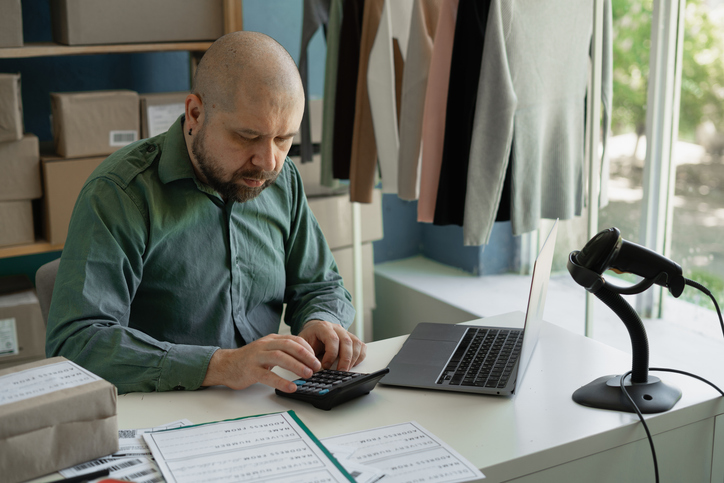According to a new report from social media training experts Digital Mums, seven in ten (68 per cent) UK employees would like to have flexible working hours but only 12 per cent have asked their current employer for it. This news comes three years on from the introduction of laws by the government in 2014 to allow everyone the legal right to request flexible working.
The new research suggests the law isn’t working, with more than half (51 per cent) of UK employees believing that asking for flexible working hours would be viewed negatively by their employer and a further 42 per cent thinking it would have a negative impact on their career. This fear factor is most significant amongst millennials, with two-fifths (40 per cent) saying they’d be too nervous or worried to ask for flexible working hours despite eight in ten (77 per cent) wanting this way of working.
The report also shows flexible working could be the solution to businesses attracting the best talent. Despite 68 per cent of UK employees still not having access to flexible working, six in ten (61 per cent) UK workers said they would be more productive if they could work flexibly and over two thirds (67 per cent) said they would be more loyal to a business. Significantly, 75 per cent of 18-24 year olds currently not working are more likely to apply for a job with flexible hours over a standard job.
The research was commissioned as part of Digital Mums’ #WorkThatWorks Movement, which aims for flexible working to be seen as the norm for everyone and not just the reserve of a ‘lucky’ few. To kick-start this societal shift, the social media training company is calling on everyone to sign its ‘Clean Up The F-Word’ petition to change the government’s current definition of flexible working from something that focuses solely on ‘a way of working that suits an employee’s needs’ to ‘work that works for employees and businesses’.
Kathryn Tyler, co-founder Digital Mums, explains, ‘The government’s ‘right to request’ law will never make an impact while flexible working is seen as a dirty word and an employee perk. We need employers to wake up to fact that flexible working is about attracting and retaining a generation of workers who are being failed by a rigid and restrictive ‘9 to 5 coat-on-chair’ culture. That’s why we’re calling on everyone to sign our petition to change the government’s definition so we can clean up the F-word and change the way we work forever.’
London deputy mayor for Business, Rajesh Agrawal, says, ‘I hope this campaign will mean more businesses recognise the benefits, and dispel some of the myths, about working practices – not only do they make a huge difference to employees’ quality of life, they also enable businesses to better tap into the best pool of talent.’





